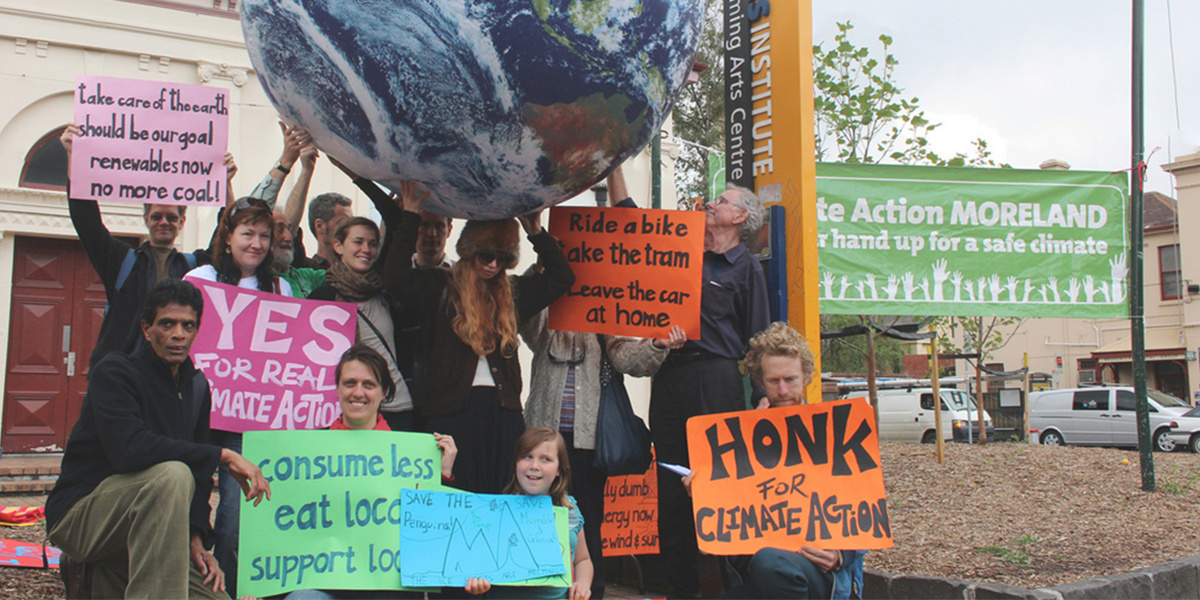

After President Donald Trump announced he would withdraw the U.S. from the Paris agreement to limit global warming to well below two degrees above pre-industrial levels, more than 1,000 U.S. governors, mayors, businesses and universities pledged to make greenhouse gas emissions reductions that would nevertheless move the U.S. towards meeting its original Paris goals.
Now, a study released by Data-Driven Yale Wednesday has found that local and regional commitments are important, but are not enough to compensate for lack of action at the national level.
“The actions of cities, companies and states aren’t insignificant but they can’t do it by themselves,” Data-Driven Yale director Dr. Angel Hsu told The Guardian.
The report, co-authored by researchers at Data-Driven Yale, NewClimate Institute and PBL Netherlands Environmental Assessment Agency, in partnership with CDP, is the first to assess the potential impact of individual, quantifiable commitments from almost 6,000 cities, states and regions and more than 2,000 companies on global greenhouse gas emissions in 2030.
They found that regional, local and corporate commitments in the U.S. could move the country at least halfway towards meeting its Paris goals, but not enough to close the gap entirely.
However, if the goals of all international cooperative agreements, such as the Global Covenant of Mayors, are met, the U.S. could actually meet or exceed its Paris commitment.
Globally, individual commitments would reduce emissions by 1.5 to 2.2 gigatons of equivalent carbon dioxide (GtCO2e) per year more by 2030 than if only existing national policies were implemented.
“The initial results presented in this report suggest that individual city, state, region and business commitments represent a significant step forward in bringing the world closer to meeting the long-term temperature goals of the Paris Agreement, but it is still not nearly enough to hold global temperature increase to ‘well below 2°C’ and work ‘towards limiting it to 1.5° C.,'” the report authors found.
The regional and local initiatives studied cover seven percent of the world’s population, and the companies involved have, at more than $21 trillion, a total revenue close to the size of the U.S. economy.
Researchers focused on nine high-carbon-emitting countries: Brazil, China, the U.S., Russia, India, Indonesia, Japan, Mexico and South Africa, as well as the EU.
They found that individual initiatives could reduce the EU’s emissions by 230 to 445 metric tons (Mt) of CO2e per year and China’s by as much as 155 MtCO2e.
The report was designed to help inform participants in the Global Climate Action Summit upcoming in San Francisco this September, which will gather regional, local and corporate leaders to discuss their contributions to fighting climate change.
For participants, the report should hammer home the importance of honoring their commitments.
“The potential of these commitments to help the world avoid dangerous climate change is clear—the key is now to ensure that these commitments are really implemented,” Hsu said in the Data-Driven Yale press release.
Taking Your First Steps Into Local Climate Action https://t.co/OeZptFKOeO @Connect4Climate @MarkRuffalo
— EcoWatch (@EcoWatch) June 17, 2018

 233k
233k  41k
41k  Subscribe
Subscribe 